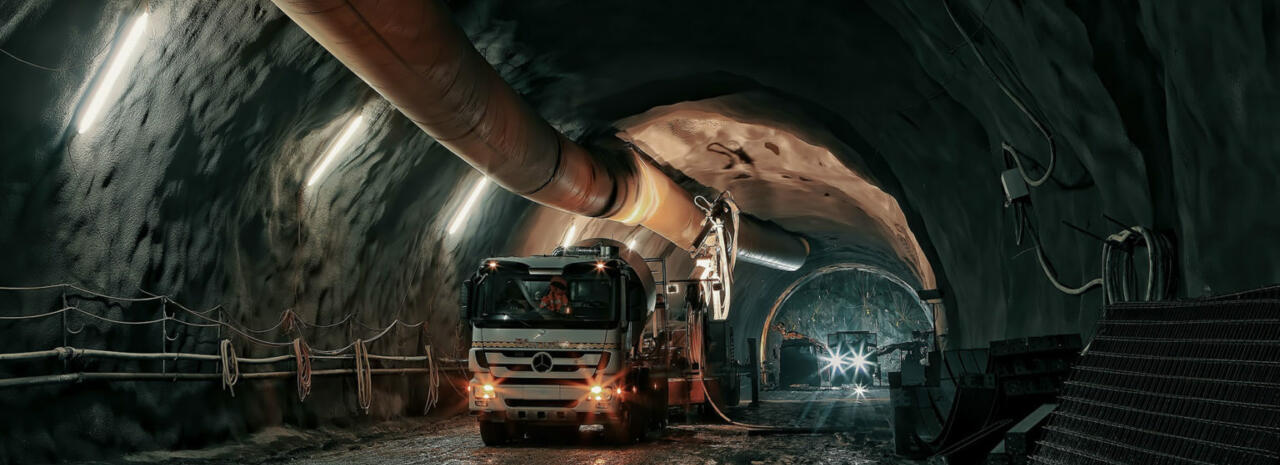
Genesis report shifts debate on proposed chrome ore export tax
The South African ferrochrome value chain connects two key sectors that have had diverging experiences over the last decade. The chrome sector has seen rapid growth in production and increased employment opportunities driven by exports of chrome ore to China, while the ferrochrome sector (for which chrome is the key input) has performed poorly in the same period, with production stagnating and the loss of jobs at smelting operations.
As a result South African ferrochrome production has been overtaken as a global leader by Chinese production. The decline of the ferrochrome sector has generated significant concern by all stakeholders who have sought to find an effective intervention that would provide the necessary support to the sector.
Accordingly, the Department of Trade, Industry and Competition (dtic) has investigated different mechanisms that may be used to save the ferrochrome sector. One such mechanism is an export tax on chrome ore that has been lobbied for by ferrochrome producers as well as other stakeholders in the industry. Research on this mechanism supported by dtic substantiated its introduction and led to the October 2020 announcement by the cabinet that an export tax on chrome ore will be introduced.
Genesis was approached by a group of non-integrated chrome producers to conduct its own independent assessment of the export tax, via a thorough consideration of all the relevant facts.
Genesis’ analysis shone a light on various “leakages” in the proposed export tax and numerous unintended consequences that would risk elements of the chrome ore value chain.
It showed that, contrary to the government’s goal, the proposed tax would result in a material probability of significant job losses (approximately 10,000 direct jobs and 34,000 indirect jobs) across South African chrome mines, with little hope of a compensating effect in the ferrochrome industry. Furthermore, we found that the main ailment of the ferrochrome industry was not a shortage of relatively lower cost raw material inputs, as previously misdiagnosed, but rapidly increasing electricity costs.
The Genesis’ analysis provided a useful analytical framework for stakeholders to carefully assess the proposed export tax. The debate surrounding the export tax continues, however, and the contribution from Genesis has brought into light the risks and unintended consequences of the proposal, which were not dealt with in as much detail previously.